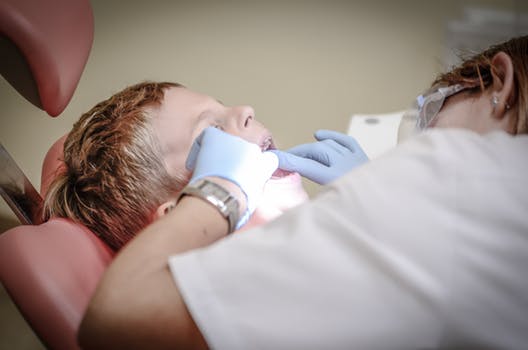Polypharmacy and Oral Health

Oral Care Clayton – As we get older the need for medical care increases and therefore the use of several medications at a time may be necessary. We call this polypharmacy, this can include prescription, over the counter and complementary medicines.
Whilst taking your prescribed medications is necessary and important it can also come with adverse side affects and risk factors. Polypharmacy can affect your oral health vy causing oral mucosal changes and a decrease in salivary flow. It is important to know your risk factors and the side effects of the medications you take to help manage them appropriately.
There are range of medications that can lead to dry mouth. Dry Mouth Syndrome refers to the reduced salivary flow to the mouth, which leads to a ‘dry mouth’. Our dental health and quality of life can be seriously affected by this condition including the affects to dietary habits, nutritional status, speech, taste, difficulty with dental prostheses such as dentures and an increase to your susceptibility to dental decay and oral disease.
Some medications may also contain sugar causing a rise in dental decay. Oral bacteria thrives on any sugar content in these medications and turn them to acids that will harm your tooth enamel (hard-protective outer layer). Normal salivary flow will help wash away these acids thus protecting the tooth but if combined with dry mouth syndrome these acids can lead to detrimental effects to your teeth. Special care must be given to control this condition otherwise the affects can be devastating.
- Drugs/Medications that can lead to dry mouth:
- Cardiovascular medications (diuretics, calcium channel blockers)
- Antidepressants and antipsychotics
- Sedatives
- Central analgesics
- Anti-Parkinson’s medication
- Anti-allergy medications
- Antacids
It is extremely important to tell your dentist of any medications you are taking and to regularly update any medical changes. Medications can also lead to changes in the mouth such as redness, white patches or ulcers on the soft tissues (cheeks, tongue, gums). It is important to regularly check inside your mouth and let your dentist know of any changes in appearance or concerns at your regular appointment.
At every dental visit your dentist will perform an oral cancer screening and take note of any concerning areas such as ulcers, red or white patches. Your dentist will be able to help educate and provide a management plan to help you control these concerns or adverse side effects.
Never stop taking a prescribed medication without consulting with your doctor or health care professional.
For Professional Dental Care, Contact Clarinda Clinic Here
